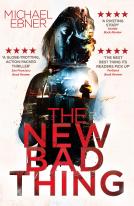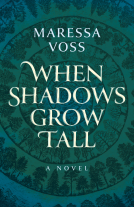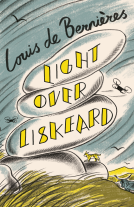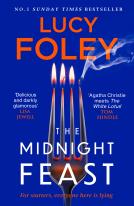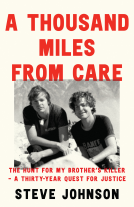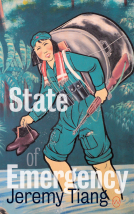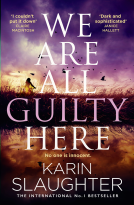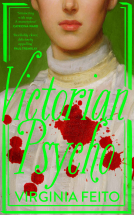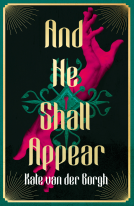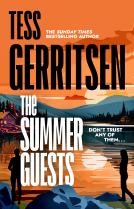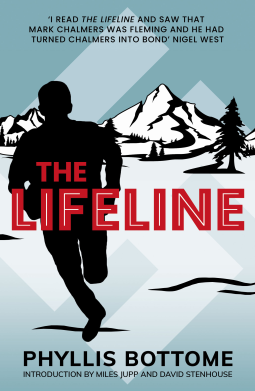
The Lifeline
by Phyllis Bottome
This title was previously available on NetGalley and is now archived.
Send NetGalley books directly to your Kindle or Kindle app
1
To read on a Kindle or Kindle app, please add kindle@netgalley.com as an approved email address to receive files in your Amazon account. Click here for step-by-step instructions.
2
Also find your Kindle email address within your Amazon account, and enter it here.
Pub Date 14 Mar 2024 | Archive Date 31 May 2024
Talking about this book? Use #TheLifeline #NetGalley. More hashtag tips!
Description
The thriller which inspired James Bond, by Phyllis Bottome, the woman who taught Ian Fleming to write.
First published in 1946, Bottome’s hero shares many similarities with Ian Fleming’s Bond. It seems that Bond may not have existed without Bottome. It was at the school she ran in Austria with her ex-spy husband, Ernan Forbes Dennis, that she taught Fleming to write.
Mark Chalmers, 36, dark haired, athletic, keen on skiing and winter sports, speaks fluent French and German and has a taste for wine, food and women. Sounds familiar?
It is 1938, pre the Munich Agreement and post Anschluss. Chalmers, a master at Eton, is recruited by an old friend at the Foreign Office and introduced to his boss ‘B’. Chalmers reluctantly agrees to take on a hazardous mission for British Intelligence – to parachute into Nazi-occupied Austria and pass on information to a British agent. In case of trouble he is given a suicide pill.
Chalmers has no intention of committing himself beyond this one job but once he reaches his destination, he finds himself sucked into the cause fighting fascism with the Austrian-German Underground - until there is no turning back.
‘A thriller of a highly diverting and original kind, long overdue a new lease of life’ Miles Jupp
A Note From the Publisher
Advance Praise
‘A thriller of a highly diverting and original kind, long overdue a new lease of life’ Miles Jupp
‘I read Phyllis Bottome’s The Lifeline and saw that Mark Chalmers was Fleming, and that he had turned Chalmers into Bond’ Nigel West
'Good entertaining and rewarding reading’ Kirkus 1946
Marketing Plan
Times Crime Club review
Daily Mail review
Telegraph Magazine feature
BBC R4 Loose Ends
GQ feature
Times Crime Club review
Daily Mail review
Telegraph Magazine feature
BBC R4 Loose Ends
GQ feature
Available Editions
| EDITION | Paperback |
| ISBN | 9781739879402 |
| PRICE | £10.99 (GBP) |
| PAGES | 420 |
Links
Available on NetGalley
Featured Reviews
This book can definitely be enjoyed on its own merits. It is a reissue of a title by this author who is credited with teaching quite a lot to Ian Fleming. Here she tells her own thrilling tale of espionage and derring do.
The story takes place in 1938 at a difficult time in the world. A schoolmaster is recruited by the Foreign Office and accepts an assignment. How will he fare? find out in this good read.
Many thanks to NetGalley and Muswell Press for this title. All opinions are my own.
 Reviewer 538009
Reviewer 538009
The premise of this book is that an Eton teacher is made a reluctant spy while on holiday in Austria. He is asked to return to Austria and to report back what he sees the Germans doing towards the war. However, I feel like this was less of a spy novel and more about a man who has a particular belief system, and code of conduct but begins to question these concepts as he encounters danger and meets different kinds of people who risk their lives to assist him. He learns much about himself, his emotions, and whether or not he can fit this “new” knowledge in with the person he was before. It was an engrossing story with vivid imagery of people and places.
Father Martin said “… Beyond all expression, what they do is horrible. Such evil is still, for those in more fortunate lands, unimaginable. Yet even in days when there were no Nazis, such evil existed; and men would not believe it, because that they did not care to alter what was evil. It cost too much. What we now see - because the Nazis have so plainly shown it to us on a large scale - is the cause of this evil. Evil is made out of the refusal to love our neighbor as ourselves. You have looked at the naked face of it, for it is hate that Hitler has taught the whole of the German nation, and it is not surprising that you were shaken by it.”
Bond before there was Bond.
"The Lifeline" opens in 1938 where Mark Chalmers is a teacher at Eton. He is asked to do a favour for a friend from the Foreign Office, on behalf of British Intelligence, and pass information to an agent in Nazi-occupied Austria. He agrees, and is parachuted in. But once there, despite having no intention of committing himself beyond this one job, finds himself involved in further acts of espionage and spying, fighting with the Austrian-German Underground. What follows is a series of action-packed adventures and near escapes. Written just after the end of WW2, this book must have had a profound impact on readers, and still does so eight years later.
Those new to Phyllis Bottome may well be drawn to her books because of comparisons to Fleming's Bond books, and the idea that he based Bond on her character. It's no surprise - Chalmers is 36, dark haired, athletic, a proficient skier and sportsman, speaks fluent French and German and has a taste for wine, food and women. That's Bond. And, of course, Fleming studied under Bottome at her school in Austria. But that doesn't detract from the originality and power of her writing. And The Lifeline is her only proper spy novel.
The book is clearly a product of its time - and I was pleased to see that little revising or editing has been made to the text. Those approaching the works of Bottome, like any other writer of the early 20th Century should be prepared to enjoy and tolerate the language of the time. It reflects both the attitudes and the nuances of that period, and is part of the enjoyment for me. We can only hope more of her wonderful stories are made available to a new audience.

